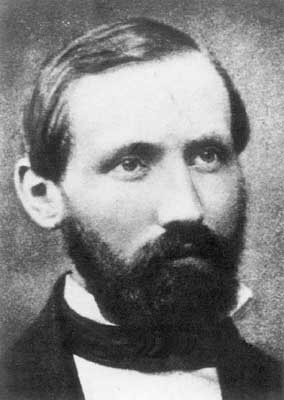
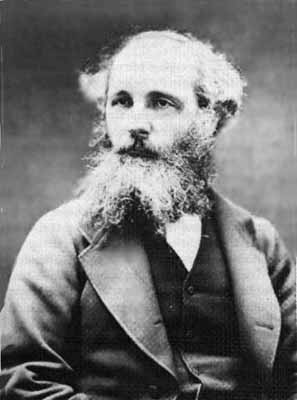
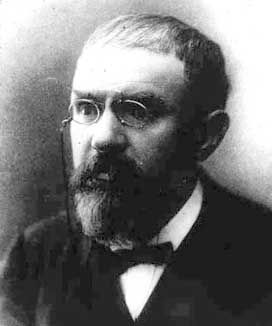
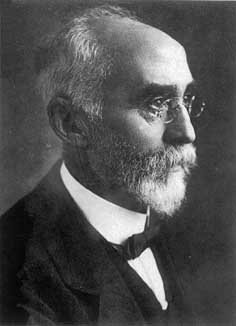

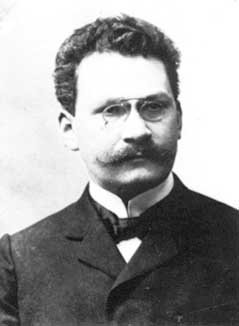
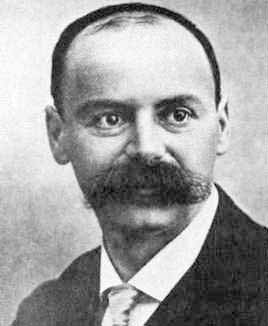
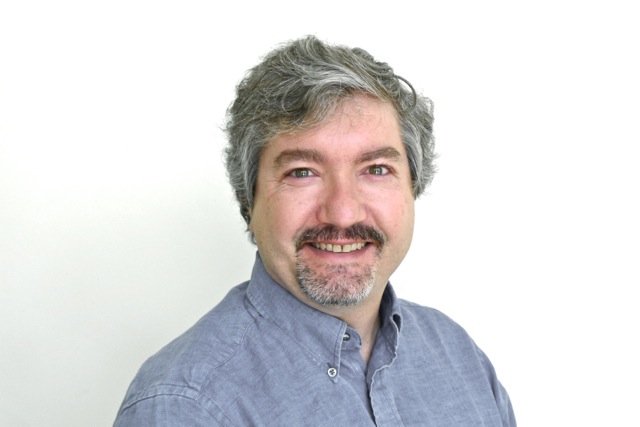
How can the speed of light be the same in all frames? What does E=mc2 really mean? What is curved space and how does it relate to gravity? What is wave-particle duality, and why don't I see it everyday? What exactly is quantum mechanics?
In this course, we enter the realm of modern physics with all of the bizarre behavior of special and general relativity and quantum mechanics. The first part of the course concentrates on developing Einstein's special relativity (6 weeks), an introduction to general relativity (1 week), and quantum mechanics (7 weeks). Most of you have already heard about special relativity, and may think that its consequences are strange. The quantum world is even stranger, and if it wasn't all true, it would be very hard to believe.
Learning goals: There are two main learning goals. The first is to transform you from being able to solve rather straightforward short problems to being able to solve extended, complex, multistep problems that require you to employ both your math skills and your physics skills. The second is to teach you the exciting ideas of modern physics (which is, in many cases, almost 100 years old). Both of these skills will suit you well in progressing further with the major and ultimately evolving you into a physicist.

 Three different texts are used in this course: Taylor and Wheeler's
Spacetime Physics
and French and Taylor's
An Introduction to Quantum Physics. You
are expected to complete the reading assignments before coming to class; reading
exams will be given on canvas to check that the reading has been
completed.
In addition to
weekly homework assignments, you will have three quizzes
( held during the laboratory period on October 6, November 3, and December 1 ) and a
final exam (4:00--6:00 pm on , December 12, 2016).
Your final course
grade will be based on a weighted average of all assignments and exams.
Three different texts are used in this course: Taylor and Wheeler's
Spacetime Physics
and French and Taylor's
An Introduction to Quantum Physics. You
are expected to complete the reading assignments before coming to class; reading
exams will be given on canvas to check that the reading has been
completed.
In addition to
weekly homework assignments, you will have three quizzes
( held during the laboratory period on October 6, November 3, and December 1 ) and a
final exam (4:00--6:00 pm on , December 12, 2016).
Your final course
grade will be based on a weighted average of all assignments and exams.
Every Tuesday we will engage in a `tutorial.' During the tutorial sessions, you will work in small groups on worksheets that focus on important concepts and models. The instructors will not directly answer your questions, rather they will help you and your fellow students to reason out the answers yourselves. Each tutorial session has a homework assignment to be handed in at the beginning of the next tutorial session.
We will be using some math that you have all seen but might need a refresher to become expert on. This includes hyperbolic functions, complex numbers, Taylor series, differential equations and wave motion. Review materials primarily from the Khan academy are available on the math review page.
You may find some interesting supplemental material for the course in the list of suggested supplemental reading and the list of interesting web sites.
As signatories to the Georgetown University Honor Pledge, and indeed simply as good scholars and citizens, you are required to uphold academic honesty in all aspects of this course. You are expected to be familiar with the letter and the spirit of the Standards of Conduct outlined in the Georgetown Honor System and on the Honor Council website. As faculty, I too am obligated to uphold the Honor System, and will report all suspected cases of academic dishonesty.